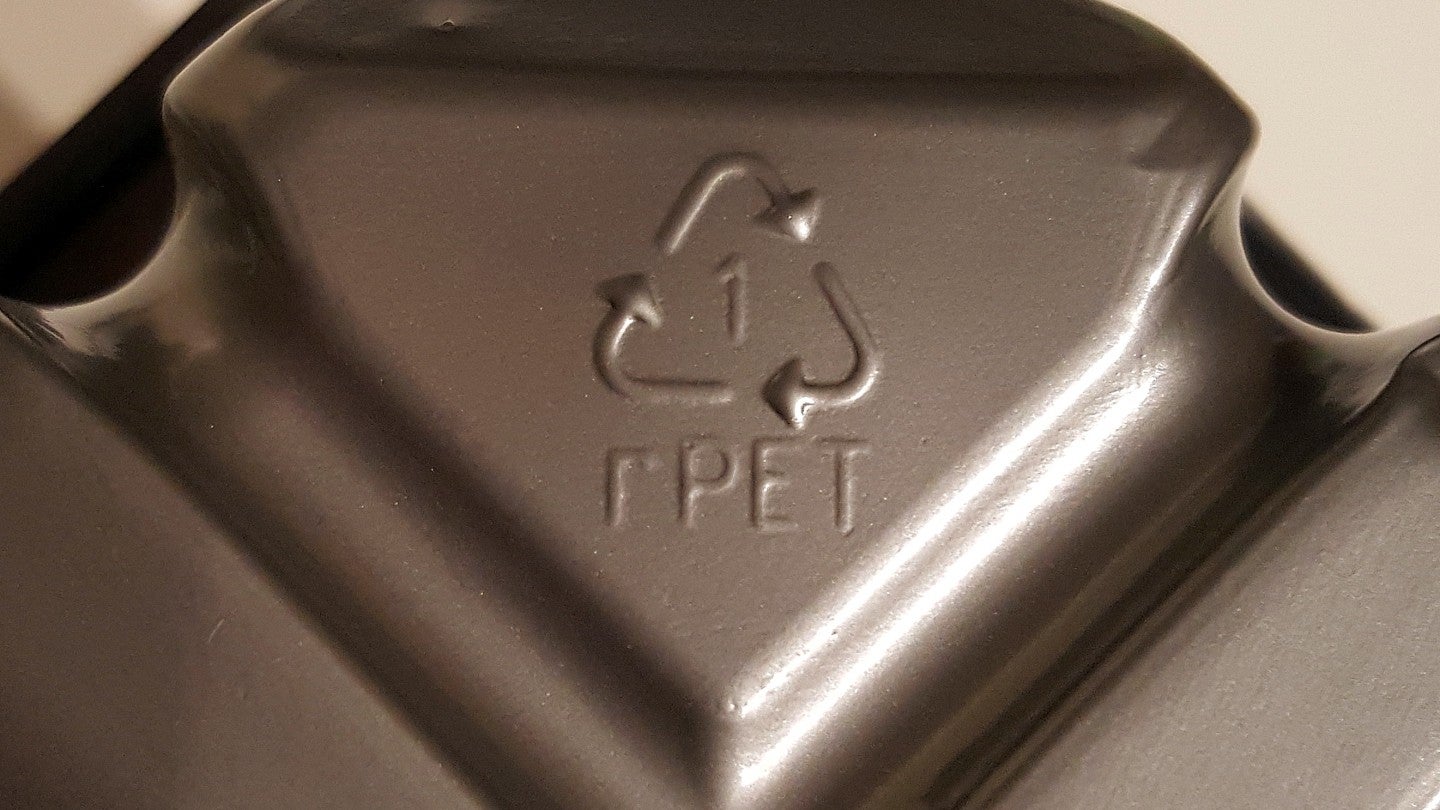
Nexam Chemicals has achieved a new milestone in its efforts to increase the recycled polyethylene terephthalate (rPET) content in its products.
The company specialises in developing solutions that improve the properties and performance of plastics. It invents, develops, manufactures and sells additives to various plastics companies across the globe.
Under the new milestone, Nexam has succeeded in using their additive technology to increase the overall amount of rPET in its offerings.
The solution is now fully developed and approved for technical use.
Furthermore, the company has secured its first production order for thermoformed food packaging. The order has an estimated value of approximately Skr0.5m.
Nexam CEO Ronnie Törnqvist said: “We see an increasing interest in our products in this type of application and we have several ongoing projects in Europe.
“This type of food packaging, together with our additives in recycled PET for fibre, are two areas with great potential.”
Since 2022, the company has been working on a project in collaboration with an Israel-based food packaging manufacturer to boost the amount of rPET in its products.
The company said that the additives help in restoring and improving some of the base properties of the plastics, which are often lost during the recycling process.
In order to avoid this, the company uses its reactive recycling method to upcycle rPET content, instead of using traditional methods.
Törnqvist added: “Our additives open the door for the majority of actors to use recycled plastic at a low cost in the manufacture of products that are aimed at areas with higher demands on both quality and durability.
“In this case, food packaging in the food industry.”



